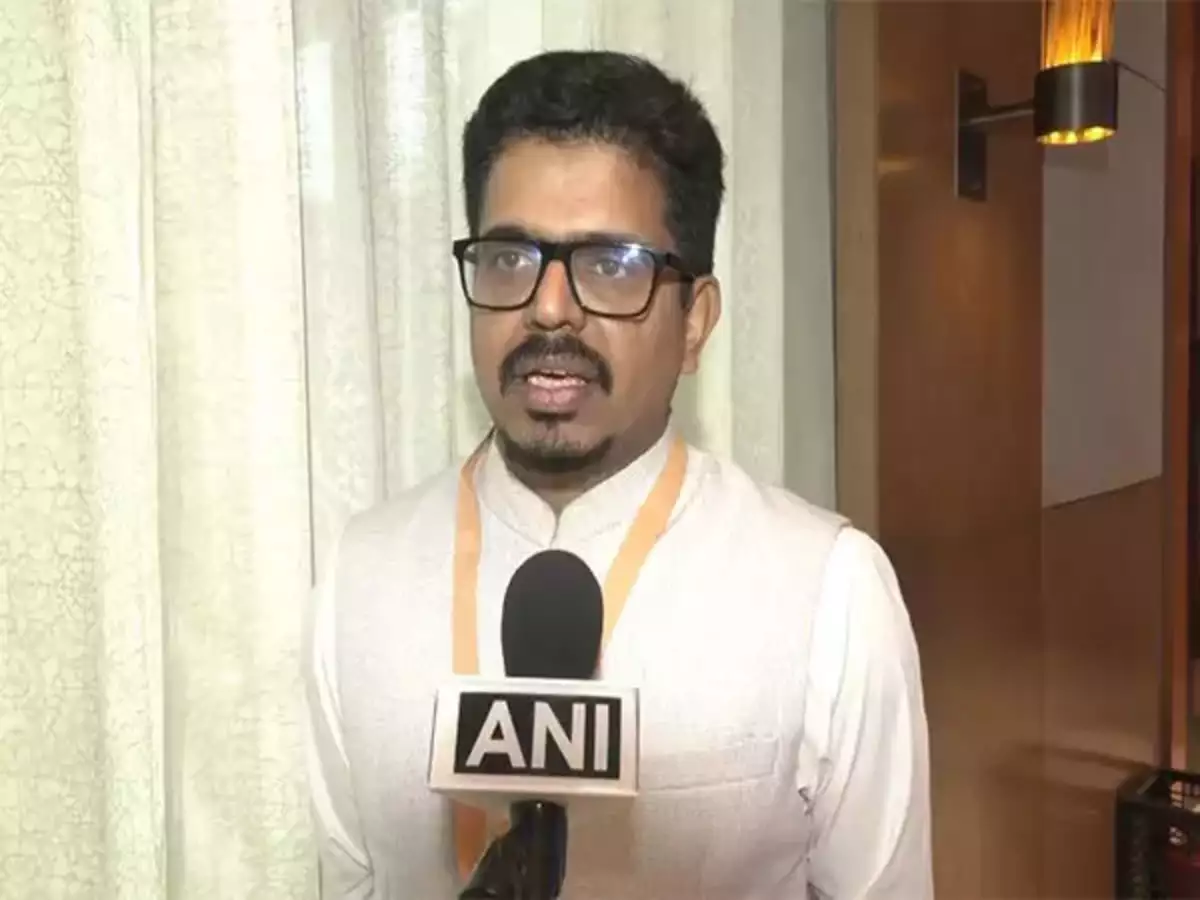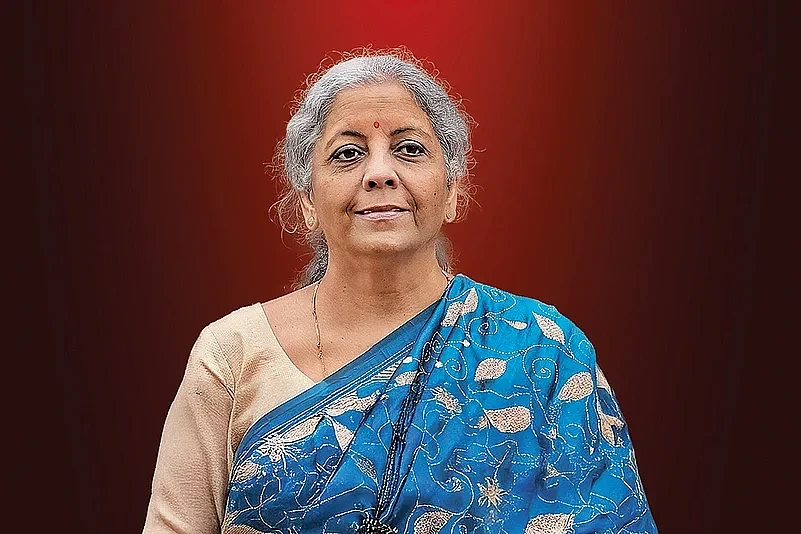12-Apr-2025,12:30 PM In a world rapidly driven by digital transformation, India has emerged as a global leader in fintech innovation, and much of this credit goes to the success of UPI (Unified Payments Interface). What started as a technological advancement has now evolved into a daily behavioral norm. Sujit Nair, CEO and Co-Founder of FID (Fintech in Development), recently emphasized this shift, stating, “UPI is no longer a technology; it’s a habit at population scale.”
His statement reflects the profound and irreversible impact UPI has had on India’s economic ecosystem.
Who is Sujit Nair?
The Mind Behind FID’s Fintech Vision
Sujit Nair is a well-respected name in the Indian fintech space. As the CEO and Co-Founder of FID, he has played a critical role in expanding digital payment systems across underserved regions. With years of experience in banking, digital transformation, and payment solutions, Nair’s insights carry weight across industries.
Under his leadership, FID has become a strong advocate for financial inclusion, enabling millions to adopt and benefit from digital financial services like UPI.
UPI’s Journey from Innovation to Daily Habit
Sujit Nair Reflects on a Cultural Shift
Speaking at a recent fintech conference, Sujit Nair explained that UPI’s widespread adoption goes beyond just convenience or necessity. “It’s now part of our daily routine—from street vendors to corporates, everyone is using UPI instinctively,” he said.
This cultural shift is not just technological—it’s behavioral. People don’t think twice before scanning a QR code or sending money via UPI. It’s become second nature, and that’s what makes India’s fintech story unique.
UPI in Numbers – Why Sujit Nair Calls It a ‘Habit’
Billions of Transactions Every Month
According to the latest NPCI data, UPI recorded over 11.4 billion transactions in March 2025 alone, with a value exceeding ₹18 lakh crore. These numbers are more than just statistics—they represent behavioral change at scale.
Sujit Nair explained, “You don’t hit such numbers with just innovation. You hit them when innovation becomes part of daily life.” Indeed, India has normalized real-time payments in ways most countries are still attempting to replicate.
Role of Startups and Fintechs in UPI’s Growth
Sujit Nair’s Vision Through FID
Startups like FID have been at the core of UPI’s reach into rural and semi-urban areas. Sujit Nair and his team focused on creating user-friendly interfaces, educating local communities, and enabling offline-to-online transitions for small businesses.
Through partnerships with microfinance institutions and community-based models, FID helped bring digital finance to over 50 million users, many of whom had never interacted with a bank before.
UPI as a Catalyst for Financial Inclusion
Beyond Urban India – Reaching the Last Mile
Sujit Nair highlighted the inclusivity of UPI as one of its strongest features. He noted that UPI doesn’t require a debit card or a physical bank branch—just a smartphone and internet access.
“Inclusion is not just giving access. It’s about enabling usage. UPI achieves that,” Nair explained. It has empowered women entrepreneurs, small traders, gig workers, and farmers with the ability to transact safely and instantly.
Challenges Along the Way
Sujit Nair Talks About Digital Literacy and Cybersecurity
Despite UPI’s success, Sujit Nair acknowledged challenges like digital illiteracy and increasing cases of cyber fraud. “We need stronger digital awareness campaigns and collaboration between government and private sectors,” he said.
FID has already launched several initiatives to educate rural users on secure transaction practices, showcasing Nair’s commitment to responsible growth.
UPI 2.0 and What the Future Holds
Interoperability, Credit, and Cross-Border Payments
With UPI 2.0 offering features like overdraft facilities, signed QR codes, and auto-pay for recurring payments, the landscape is rapidly evolving. Sujit Nair sees this as a sign that UPI is not just catching up but leading globally.
He added, “The next step is global UPI adoption. The future will be about cross-border compatibility and making UPI available to NRIs, travelers, and foreign merchants.”
Global Recognition of India’s UPI Model
Sujit Nair on India Setting the Fintech Benchmark
Recently, countries like France, UAE, and Singapore have partnered with India to enable UPI-based transactions, a development Sujit Nair believes sets a global precedent.
“When developed economies are looking to replicate your system, it means you’ve done something truly transformative,” he commented.
Policy Support and Regulatory Alignment
Sujit Nair Welcomes Government Initiatives
UPI’s success is also attributed to consistent support from the Indian government and the Reserve Bank of India (RBI). Sujit Nair praised the policy framework that allowed private players, banks, and tech startups to co-create the UPI ecosystem.
“Without such an open architecture, we wouldn’t be where we are today,” said Nair, urging continued regulatory flexibility to keep up with the pace of innovation.
Conclusion – The Habit That Changed a Nation
Sujit Nair’s statement, “UPI is no longer a technology, it’s a habit at population scale,” perfectly captures the essence of India’s fintech revolution. UPI has moved beyond being a tool—it’s now a mindset, a behavior, a habit.
With leaders like Sujit Nair at the forefront, the digital future of finance in India looks not just promising, but exemplary on a global scale.
Source: ANI





